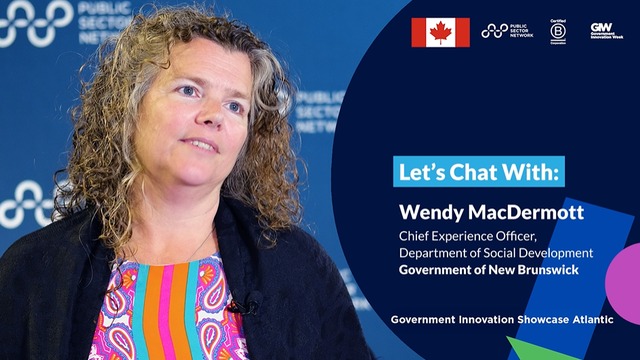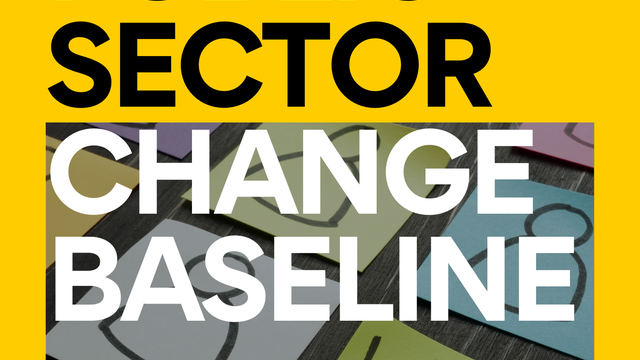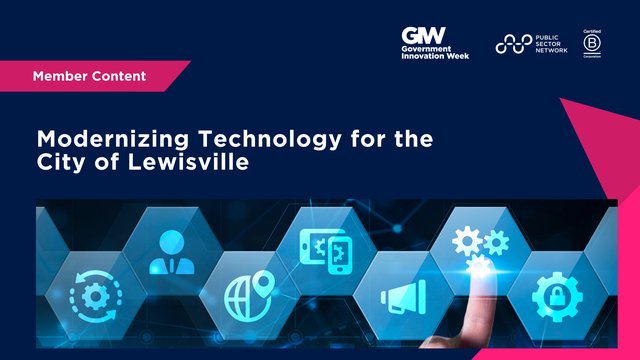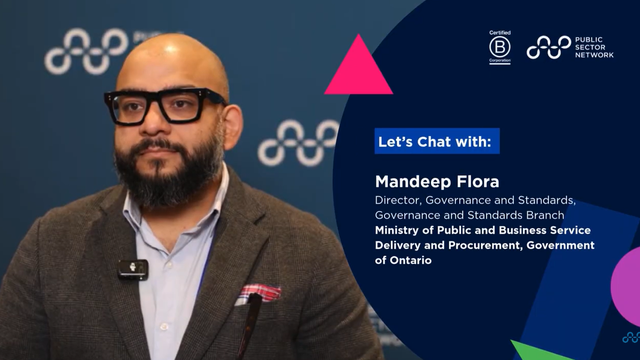Australian and New Zealand healthcare organisations have a problem with their data. A new study by InterSystems and tech advisory firm Ecosystm , found that most providers struggle to collect, analyse and apply relevant data, particularly when it comes to making timely clinical decisions.
Data analytics challenges are a roadblock for new digital systems that could help overcome the healthcare challenges we face. These include staff shortages, poor access to services, increased wait times, and how to care for an older population with more chronic conditions.
We surveyed 180 healthcare executives across public and private organisations, large and small hospitals, and city and rural locations. What we found was that a lack of trust in data, challenges with data quality and the absence of a holistic digital transformation strategy were all hurdles to organisations using data analytics to meet their top business objectives.
Despite 79% of surveyed executives saying data analytics was either intrinsic to all their business priorities or a top priority, only 44% of respondents fully trust their data, and 51% say data quality is a challenge to successfully implementing analytics.
Without trust in their data, healthcare organisations are fighting to achieve their main business objectives with one hand tied behind their backs.
The study found that the top business objectives included the conflicting demands to improve clinical outcomes and reduce costs. Complying with government mandates was cited as a top business objective by most (64%) respondents. Most also wanted to achieve cost optimisation (46%) or improved clinical outcomes (42%) or both.
These objectives closely align with the outcomes healthcare organisations expect from analytics solutions. These included the identification of patient risk (44%), improved patient outcomes or experience (41%), reduced clinical errors (36%) and reduced costs (34%).
While the study revealed a potential shift in mindset towards value-based healthcare – leveraging data analytics to improve outcomes at an optimised cost – as a way to resolve conflicting business objectives, most healthcare organisations don’t yet have that capability.
Only 32% of surveyed organisations had a digital transformation strategy that includes interoperability, data governance and analytics. The absence of a holistic data strategy is a significant inhibitor for the remaining 68% of organisations in achieving their top business objectives.
Building trust in data for effective analytics requires a data-driven organisational culture where people and processes are focused on accuracy across the data value chain and consistency across disparate data sources. That is virtually impossible without a holistic strategic plan which is underpinned by a data strategy.
On the plus side, almost all healthcare executives are pressing for change in their interoperability environments, to enable rather than hinder data analytics. And many organisations are already evaluating smart data fabric solutions. These connect and synthesise data with analytics capabilities, including data exploration, business intelligence, natural language processing and machine learning.
In fact, 94% of healthcare executives surveyed wanted to see a change in their existing data exchange mechanisms. In particular, 66% of respondents want their organisations to focus more on the standardisation of data exchange to achieve their broader objectives. And around three quarters (74%) of respondents said they were confident smart data fabric solutions would benefit their organisations, with 44% currently evaluating their use.
Ultimately, these capabilities will make it faster and easier for healthcare organisations to gain new insights – and power predictive or prescriptive services and apps – to harness their data to overcome the challenges they face.
Interested in learning more about healthcare data analytics?
Healthcare organisations have access to enormous volumes of data assets from multiple sources that can be harnessed to improve clinical and patient outcomes. This inaugural survey of healthcare executives in Australia and New Zealand highlights what they have to say about their key data management and analytics challenges.
Study: The State of Healthcare Analytics & Interoperability – Australia & New Zealand




































